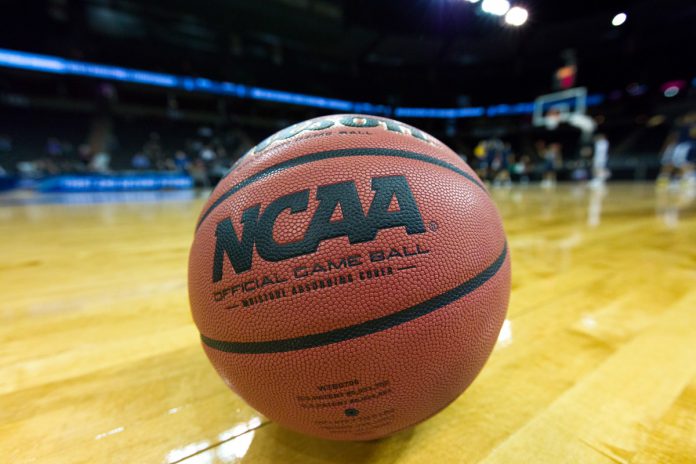The NCAA has revealed almost 200 breaches of its betting rules since the repeal of PASPA in 2018, according to a report by the Associated Press.
The outlet detailed that it obtained a memo from NCAA President Charlie Baker that revealed the organisation found 175 breaches of its gambling policies. Baker also detailed that there are 17 active investigations into potential breaches of the rules.
NCAA’s lead was responding to concerns of Rep Dina Titus of Nevada, who had enquired about the threat of gambling in college sports, following a string of gambling-related controversies in the last few months.
Baker revealed that breaches of the rules include $5 bets and the provision of insider information to help others win their bets.
Several of these incidents have reached the public domain, including the saga involving Brad Bohannon, the coach of the Alabama baseball team who was fired after having contact with a student’s parent who was betting on the games.
The parent – Bert Neff – also caused several members of staff at the University of Cincinnati to lose their jobs after gaining insider information. Coach Scott Googins, Assistant Baseball Coach Kyle Sprague, and Director of Operations Andy Nagel all departed their roles following an investigation.
Over in Iowa, the state’s Racing and Gaming Commission has opened an investigation looking into suspicious activity related to the Iowa Hawkeyes baseball team after four players were suspended.
Subsequently, up to 50 players in Iowa have been suspended for alleged breaches of sports betting rules.
However, the NCAA is looking to gain closer ties to the sports betting industry, as Baker indicated that he sees significant financial opportunities through sports betting links, which can help to top up its three current revenue streams – broadcast, commercial, and gameday income.
Following a string of controversies and breaches of the rules in the last five years, it remains to be seen whether these opportunities will still be pursued. If the NCAA does pursue sports betting links, it will likely cause much consternation and interest from problem gambling communities.
The NCAA caused confusion and controversy in the last few weeks by introducing a tiered approach to punishing those who flout its betting policies. The rules date back to May 2, around the same time that the Iowa scandal erupted, and allow those who bet smaller amounts leeway in their bans.

























